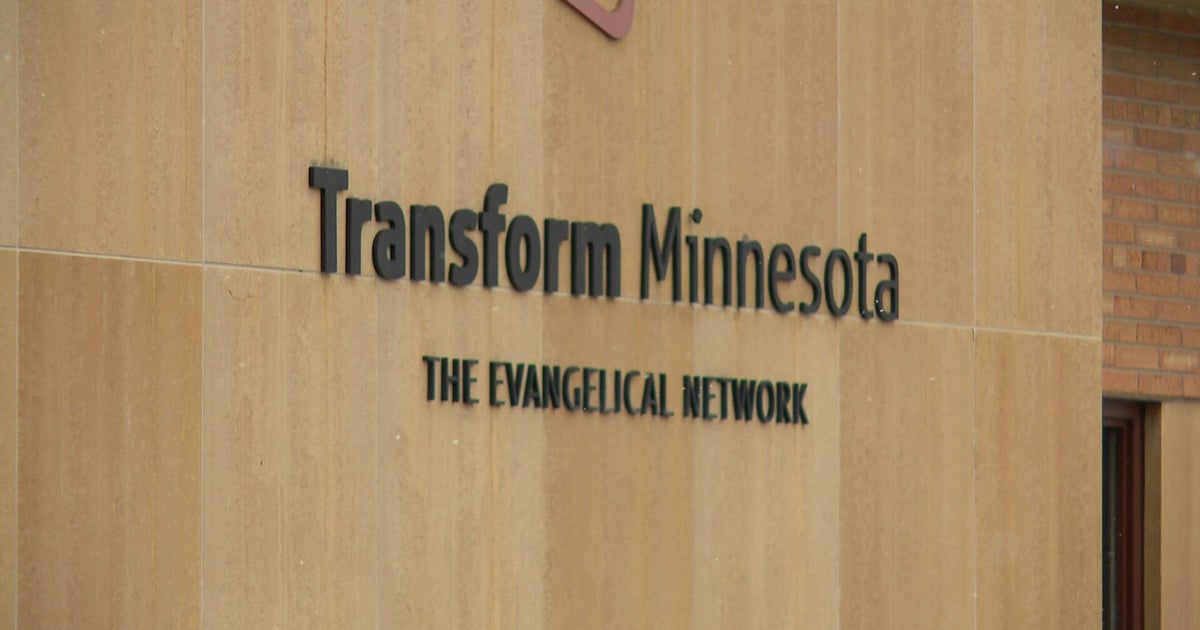Pennsylvania invests $1.8 million in organic farming
HARRISBURG, Pa. (KDKA) — It's a classic chicken-and-egg dilemma.
Organic chicken and organic egg, that is, as a lot of people won't buy organic food until it declines in price. But it won't decline in price unless farmers produce more of it, and they won't produce more unless more people want to buy it.
Supply and demand economics, explained Cheryl Cook, Pennsylvania's deputy agriculture secretary.
But she made those remarks at an event about something that could help bridge the gap: an announcement Friday by Russell Redding, the agriculture secretary, of $1.8 million to help conventional farms transition to organic farming.
Already, organic farming is far more popular in Pennsylvania than it once was – or even than it was rather recently: 1,125 certified organic farms are farming 100,000 acres, said Jeff Moyer, CEO of Rodale Institute, a Berks County-based organization that supports organic farming research. He said that represents a 48 percent increase since just 2019.
Moyer made his comments at Friday's event, which was at the Pennsylvania Farm Show in Harrisburg. Legislators from both parties were also there.
"You go to any grocery store, and you see how much the organic sections are just expanding. Every year, more and more organic, because people want to get back to where their food came from," said state Sen. Elder Vogel (R-Beaver, Butler and Lawrence).
Organic certifications also have animal welfare requirements. Moyer said 78 percent of Pennsylvanians buy at least some organic products.
CBS News spoke with three Pennsylvanians visiting the farm show: one who nearly always buys organic food, one who occasionally does and one who rarely does. The two who occasionally and rarely do cite prices, as well as concerns about what an organic label really means.
Cook said prices between conventional and organic products have been converging as farmers supply more organic products, although surging consumer demand for organics has kept the differential from declining more. The $1.8 million – which includes $750,000 for Rodale Institute and $1 million for Team Ag, an agricultural engineering and consulting firm, in partnership with Pennsylvania Certified Organic and Kitchen Table Consultants – could help farmers increase organic output to meet the demand.
Cook said some organic products have already achieved price parity with some conventional products –the Nature's Promise store brand, sold in Pennsylvania at Giant stores, can sometimes cost less than name-brand conventional products, she said.
At the same time, Redding said, overall organic prices will never converge fully with conventional food prices.
"I want folks who are buying [organic] to understand they're buying something special," Redding said. "They're buying the extra labor and the input cost that are inherent in organic production."
As for the meaning of the organic label?
"Reading labels is always important, but organic is a way that you can maybe simplify that process," Cook said. "For myself, I don't want artificial preservatives, artificial colors, artificial sweeteners. I just want real food in my food, right? So I can either stand in the store for an extra 20 minutes reading all those labels, or I can look for the USDA organic seal and know I've got those things covered…. And this is now a nationwide program – whether it's Pennsylvania, Puerto Rico, West Virginia, Texas, it all means the same thing, and it's all enforced."







